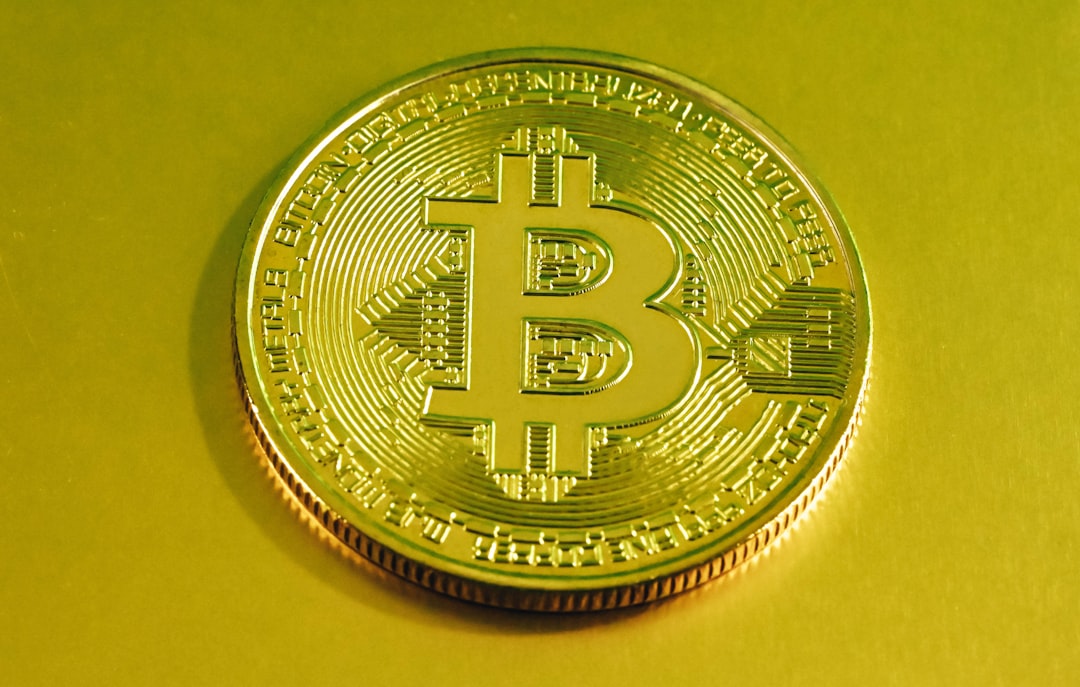When it comes to safeguarding your online identity, using a Virtual Private Network (VPN) is one of the most effective tools at your disposal. However, if anonymity is your top priority, it’s important to remember that how you pay for your VPN service can also compromise your privacy. Fortunately, there are several secure, anonymous payment methods that can help keep your identity hidden, even from the VPN provider itself.
Here are the five safest ways to pay for a VPN anonymously, ensuring your subscription remains as private as your browsing history.
1. Cryptocurrencies – Bitcoin and Beyond
One of the most popular and widely accepted anonymous payment options for VPNs is cryptocurrency. Bitcoin is commonly supported, but privacy-focused cryptocurrencies like Monero (XMR) or Zcash offer even better anonymity. These currencies function without tying your identity to the transaction, and with proper handling, they can be virtually untraceable.
To enhance your privacy, consider the following tips when using cryptocurrency:
- Use a privacy wallet that does not reveal your home IP address.
- Avoid exchanges that require identity verification (e.g., KYC – Know Your Customer regulations).
- Route your transactions through a mixer or tumbler to obscure transaction history.

2. Prepaid Gift Cards
Prepaid gift cards that are not registered under your name present another effective way to purchase a VPN anonymously. Cards from major retailers or financial institutions can be used online just like a typical debit card, and they require no ID check at the time of purchase.
Here’s how to stay invisible when using gift cards:
- Buy the card in-store using cash whenever possible.
- Do not register the card with your personal information online.
- Choose VPNs that have a published list of accepted gift cards or allow card balance exchanges.
3. Cash – The Old-School Anonymous Method
For the utmost privacy, sometimes the old ways are still the best. Some VPN providers still accept cash through postal mail. While definitely more time-consuming, paying in cash leaves no digital trail and makes it virtually impossible to tie the purchase back to you.
If you’re considering this approach:
- Use a fake name and untraceable return address if required for mailing.
- Use registered mail to ensure the cash arrives safely.
- Check the provider’s cash payment instructions carefully before sending anything.

4. Privacy-Focused Digital Payment Systems
Some newer digital payment platforms are designed specifically with privacy in mind. Services like Masked Cards (Privacy.com for U.S. customers) or MySudo offer disposable payment cards or accounts that mask your real banking details.
These services work by acting as intermediaries between you and the retailer:
- They create virtual cards with no direct link to your bank account.
- You can limit spending and even create single-use cards.
- Some offer anonymous email and phone access as well.
Keep in mind that availability may depend on your location, and some may still require personal verification to sign up.
5. Bartering or Affiliate Credits
Though less conventional, some VPN providers offer access in return for services, affiliate referrals, or even product exchanges. It’s not an option you’ll find widely available, but certain privacy-focused or community-driven VPNs may still engage in barter-style arrangements.
Examples include:
- Referring users—Get free subscription time by sending your friends to the same VPN.
- Contributing to VPN platforms—Code contributions or writing tutorials might be rewarded.
- Exchange of services—In rare cases, direct bartering might be possible.
This method tends to work best in smaller or open-source communities where trust and shared values around privacy are emphasized.
Final Thoughts
Staying anonymous while subscribing to a VPN might sound like overkill to some, but for journalists, political dissidents, or simply privacy-conscious individuals, every link in the chain matters. Fortunately, with options like cryptocurrency, prepaid cards, and even cash, it’s possible to protect your privacy not just while browsing, but from the very first transaction.
Before choosing your method, always check what payment options your VPN provider accepts and seek out those with a strong reputation for transparency and privacy protection. A secure connection begins with a secure payment.